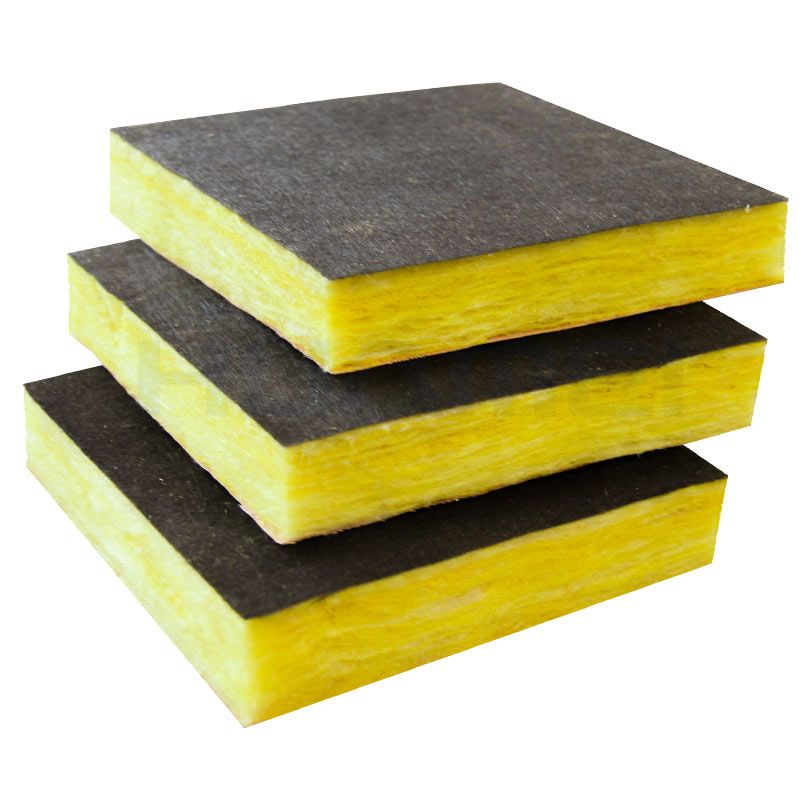Glass wool is not a common material in our daily life, but it is "close" to our lives. Where is this material generally used? In fact, this material is installed on the exterior walls of the houses we live in. Because it has good thermal insulation effect and fire resistance is very good, it is used on the building exterior wall. The Glass Wool Manufacturer introduces the advantages of glass wool.
1. Thermal insulation and sound insulation
In addition to installing such materials on exterior walls, indoor installation is now very common. Indoor installation can also play a role in heat insulation and fire protection. In addition, sound insulation is another advantage of him. The fibers inside Glass Wool are fluffy and staggered, and there are a lot of tiny pores. It is a typical porous sound-absorbing material with good sound-absorbing properties. It can be made into a series of products with multiple uses, including wall panels, ceilings, and sound-absorbing bodies in space. It can absorb a large amount of sound energy in the room and reduce it. Reverberation time reduces indoor noise, so glass wool is used in some noisy public places.
In fact, the raw material of glass wool is made of glass, so that the broken glass can be recycled and reused, and the energy saving and environmental protection effect is truly realized. It is a good choice to install glass wool indoors or outdoors. It has many advantages and construction. Simple life is also long, in addition, his price is also very cheap, the installation of glass wool can indeed heat insulation and sound insulation, it is one of the rare thermal insulation building materials.
Glass Wool
2. Glass wool makes construction easier
For any construction unit, when it is under construction, it is necessary not only to consider the cost of its entire construction process, but also to consider that its construction is relatively simple. Since choosing a material, I definitely hope that it can bring a very good sense of use to myself, so I will also ask what kind of advantages does glass wool have for construction?
In fact, the advantages of glass wool are not only reflected in its ability to ensure sound insulation and thermal insulation, but also in that it can make the entire construction process easier, because many builders have seen a lot of choices in the selection of raw materials in the past. For example, it is impossible to have sound insulation and heat insulation at the same time. When selecting a material with particularly good sound insulation, it takes time to choose a material with particularly good heat insulation. When two materials are added, another material is needed. Construction scheme, so that the entire construction process becomes more tedious, and it will increase the entire construction cost.
But it’s not the same after choosing glass wool. It is a very good building material. It not only has very good sound insulation, but also has very good heat insulation. Naturally, it can make the entire process smoother and will not appear. No problem. Therefore, it is also trusted by many builders, so if you need it, you can choose it.

评论
发表评论